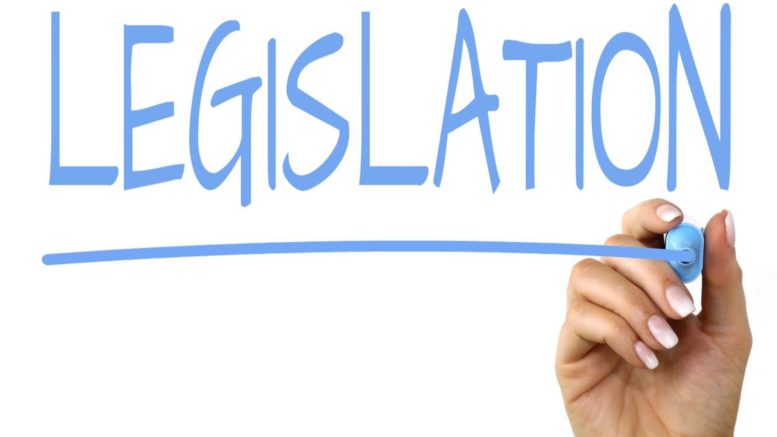June 5th saw the first sitting of the Tenants Fees Bill. Despite there having been legislation required for Agents for over 2 years around transparency of fees, it is only now that legislation is sought around the management charges that a landlord working on his own can make.
To put agents and individual landlords on an equal footing may seem desirable, but as I have said so often, who is policing these matters? In 2 years, only 7 per cent of Councils have issued financial penalties to agents breaking the law. It would be nice to think that this indicates there is no real issue with non-transparency of agents’ fees, but it is difficult to believe that the complaints about agents that had prompted this Tenants Fees Bill legislation were cured over-night.
The ignorance of prospective tenants, combined with the fear felt by existing tenants and cuts to Council officer numbers, explains the low level of prosecutions far better than the waving of the magic wand of new legislation does.
The Tenants Fees Bill outlined plans for a cap on deposit payments of 6 weeks. Whilst fully aware of the calls from landlords for higher deposits, the current generally used level of 4 weeks rarely being enough to cover rent arrears or damages where these occur, 6 weeks as a deposit is a large sum for many prospective tenants to raise.
In addition, they may be asked for rent in advance and be charged for referencing and credit checks.
At one time, a holding deposit was asked for; this was a means for the prospective tenant to show he is serious about the property; should he wish to withdraw, the holding deposit (or part of it) would be forfeit. If references or credit checks were unsatisfactory, the holding deposit would be returned.
Many landlords now do not ask for holding deposits; they make a charge, to cover the references, drawing up a tenancy agreement, the length of time they spend with the tenant in interviewing him for a tenancy. Some landlords will devise an hourly rate for this and the fixed fee, non-returnable, can be on a similar level to that charged by agents. This is a large sum for many prospective tenants and 6 weeks deposit may put many properties out of their reach, particularly if they are waiting for the return of the deposit on the previous property.
MP, Sarah Jones, made a valid point – that the majority of landlords asked for only 4 weeks deposit at present and that if a 6 weeks cap was imposed, most landlords would raise their deposit requirements to that figure. Whilst some would dispute this would happen, over time I believe it would. Would some landlords agree to accept lower than 6 weeks? Yes, if there was some ‘added value’ – that is a Guarantor, rent in advance etc.
In a previous life, I worked with landlords to accommodate the homeless, by providing a paper ‘bond’ which stood in place of a cash deposit. What implications are there for the many schemes that exist on a similar basis? There is less money in local authorities now for such schemes; those that still exist cannot meet the needs of the homeless with the limited resources they have.
Are the homeless, those fleeing domestic violence, those recovering from addiction, to be left in hostels, in bed and breakfasts, on street corners, because legislators have never needed to live in the private sector, have never needed to come up with a deposit? Not everyone has such easy access to what will seem an impossible amount to many.
There are landlords whose properties have the ‘wow’ factor, who have no difficulty getting tenants willing and able to pay deposits like this and more. This bill will have no affect on them. But for those who will be affected, it is difficult to avoid feeling that private sector landlords are being manipulated into refusing decent tenants, just because they cannot stump up £1000 for 6 weeks rent, administration fees of £150, 4 weeks rent in advance.
Before you increase deposits due to the Tenants Fees Bill and refuse someone, try and remember when you were in a position when you would have struggled to pay those kinds of charges yourself. You may get a perfect tenant, just one without that amount of spare cash.
For advice on buy to let issues – General Knowledge








Be the first to comment on "First sitting of the Tenants Fees Bill Legislation"